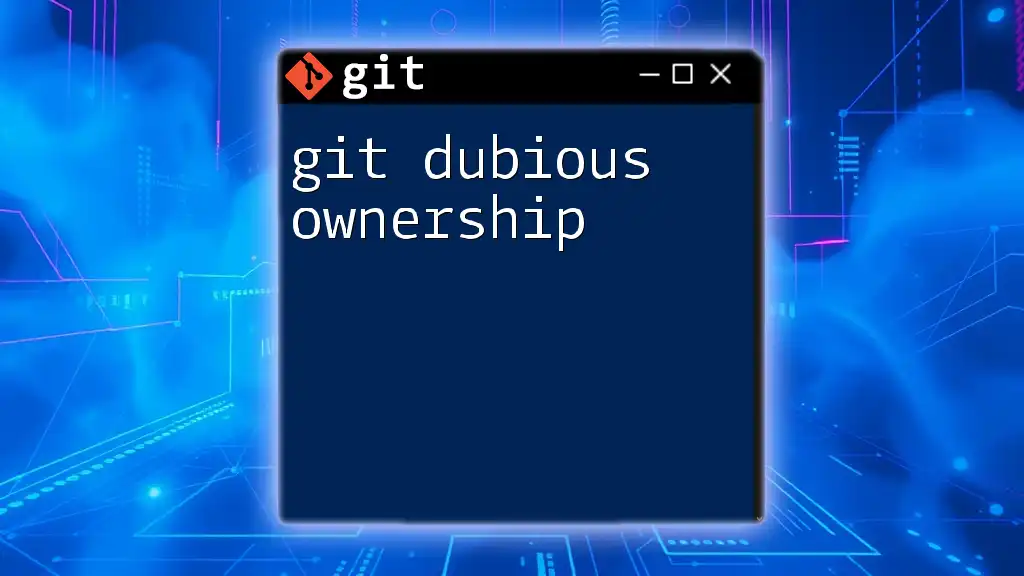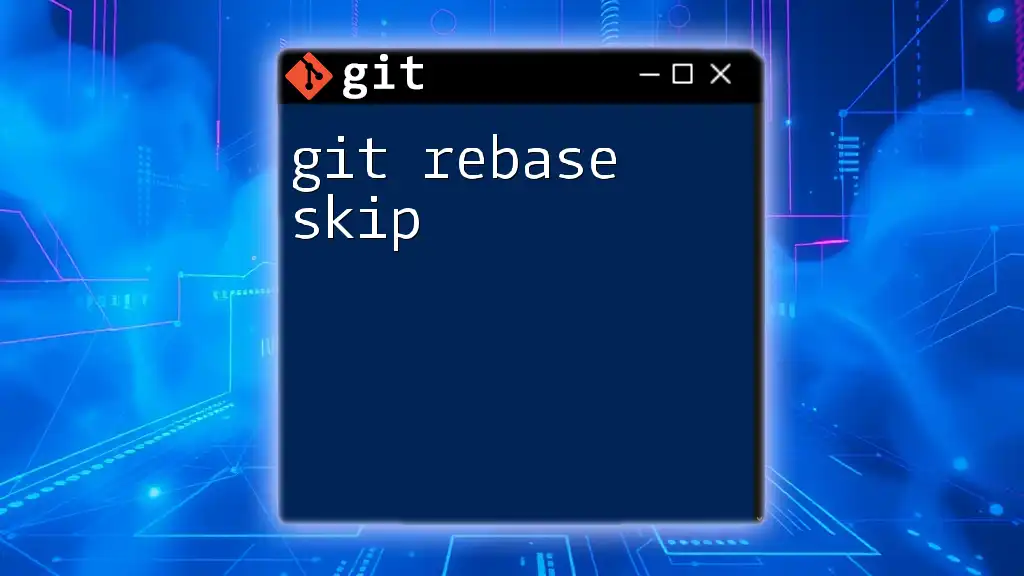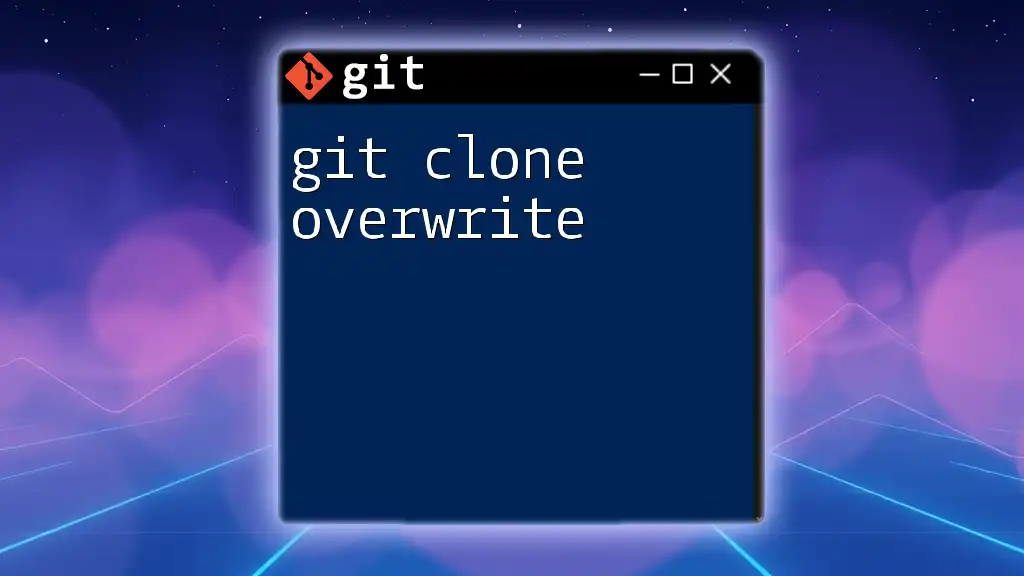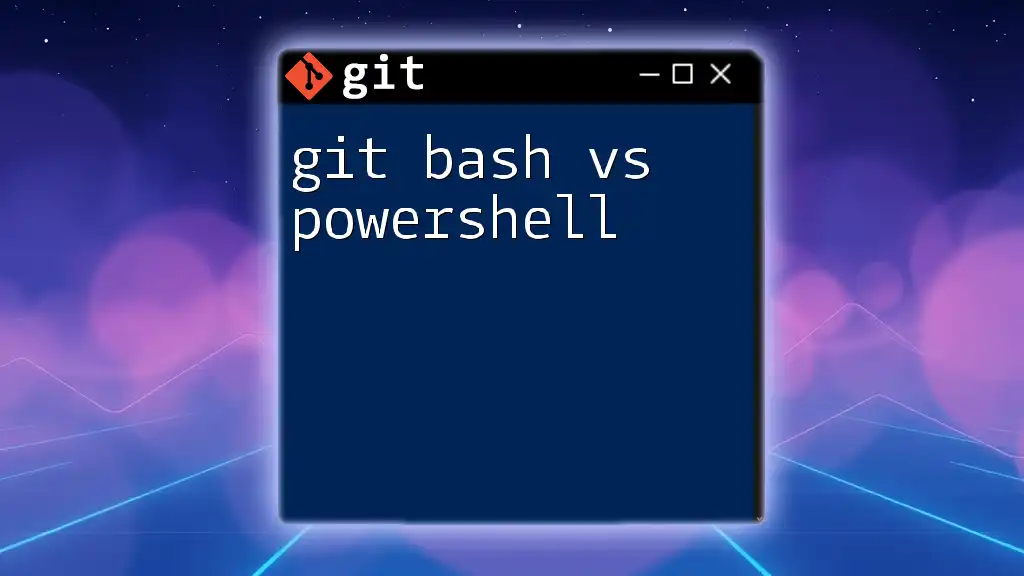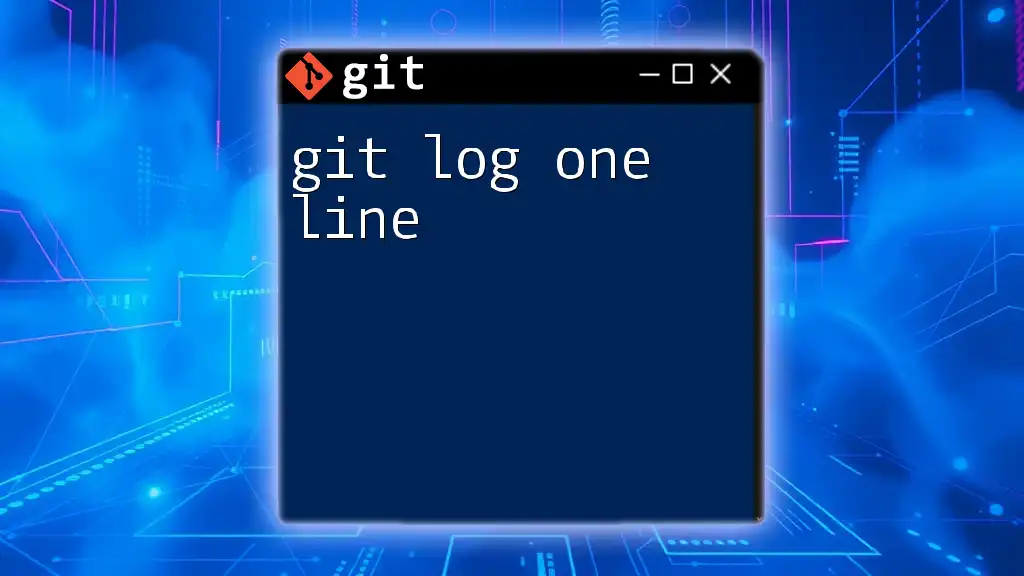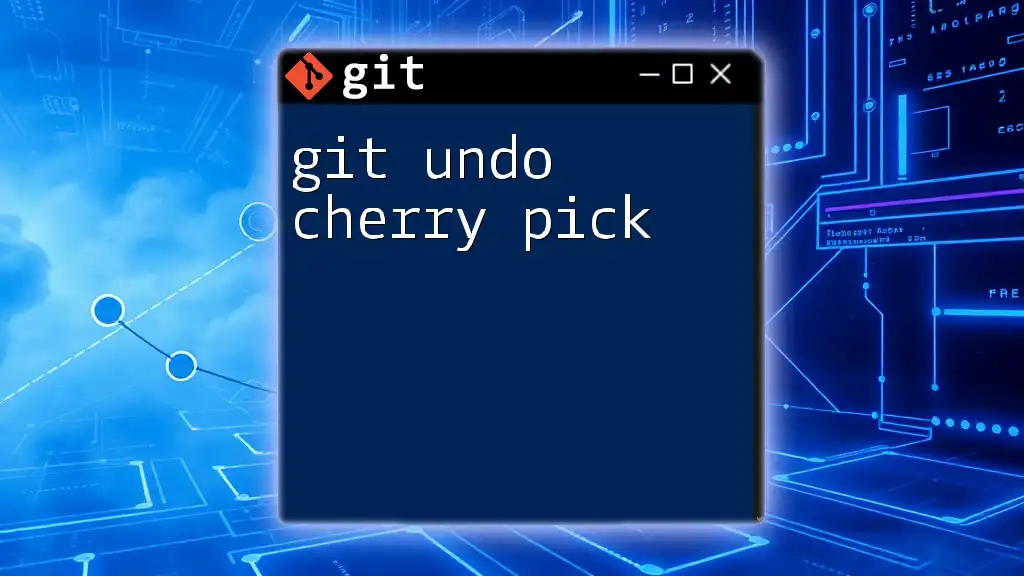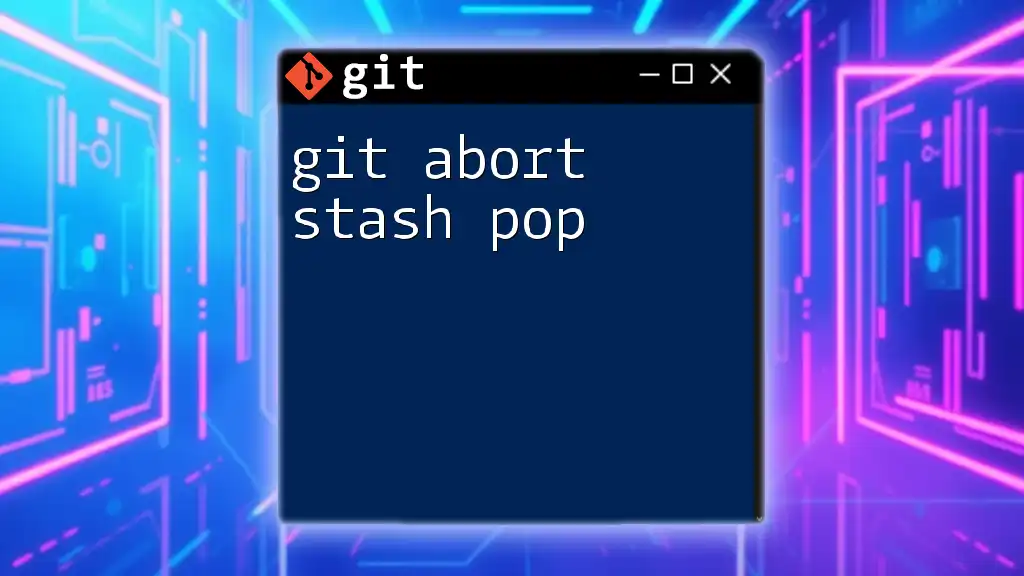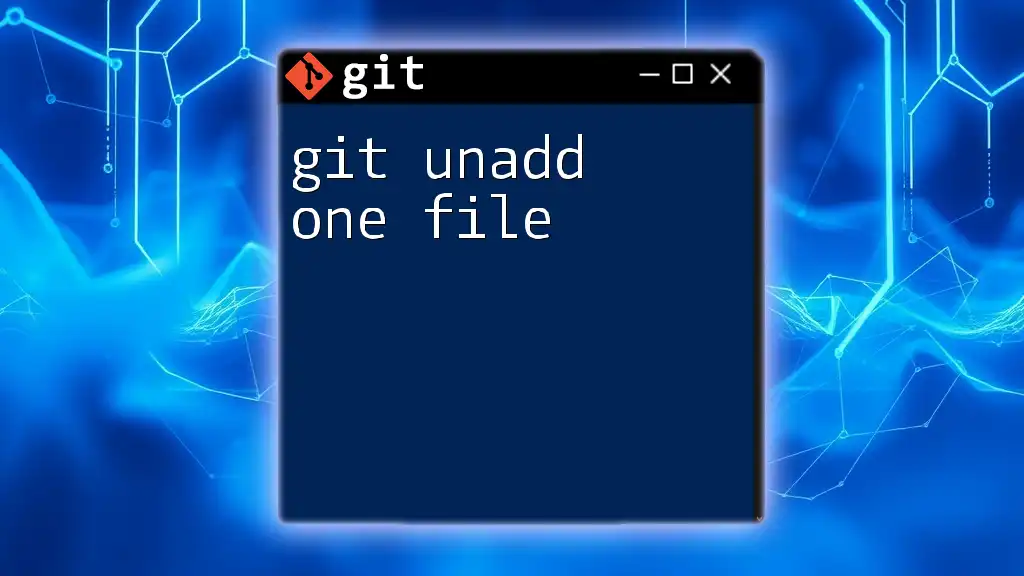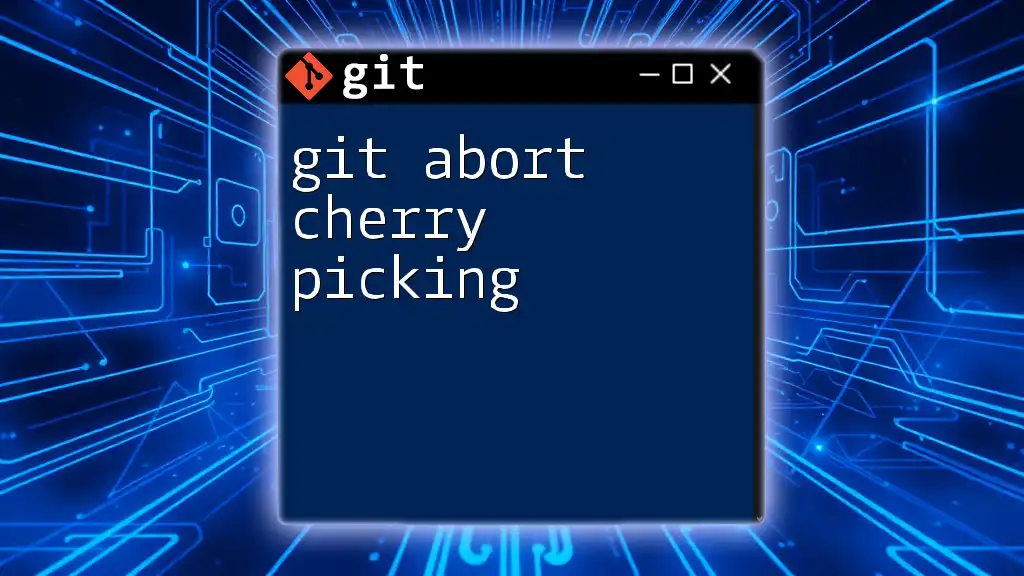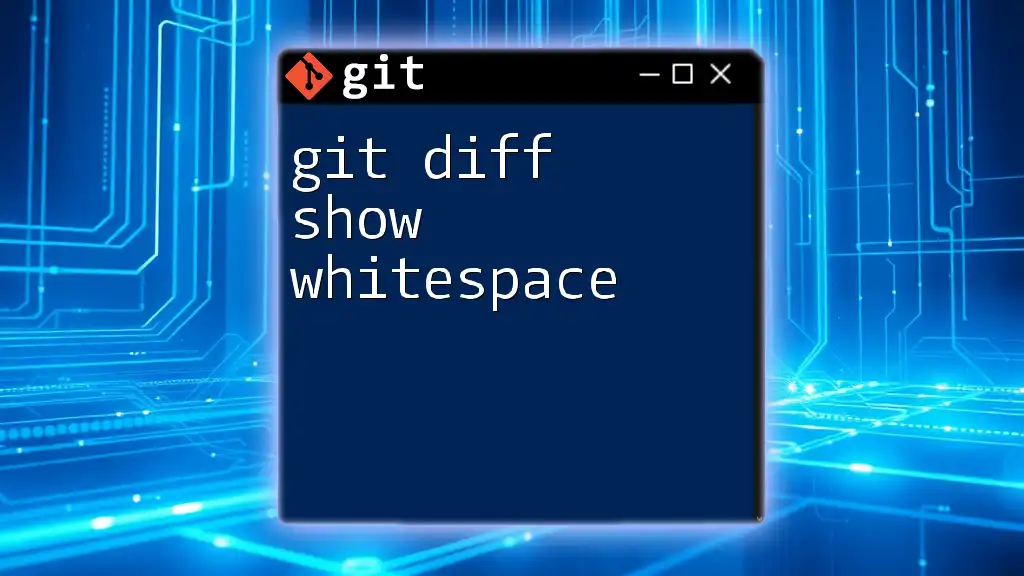In Git, "dubious ownership" refers to a situation where the repository's directory is owned by someone other than the current user, which triggers a security warning when attempting to execute Git commands.
Here's a code snippet to demonstrate how to configure Git to allow operations in a directory with dubious ownership:
git config --global --add safe.directory /path/to/your/repo
What is Dubious Ownership?
Dubious ownership in Git refers to a situation where the files in a repository lack a clear, legitimate owner, which can lead to various issues during collaboration. This ambiguity is critical in a version control system where each contributor's changes need to be identifiable, especially in teams or open-source projects.
Causes of Dubious Ownership
Several scenarios can lead to dubious ownership in your Git repositories:
-
Cloning repositories with strict ownership settings: If a repository is cloned from a remote source with specific ownership configurations, these can be inherited incorrectly.
-
File permissions and ownership conflicts: When files are created by different users under various system configurations, there might be a mismatch in ownership.
-
Inconsistent owner settings across team members: If different team members have conflicting Git configurations, the ownership of committed files may become convoluted.
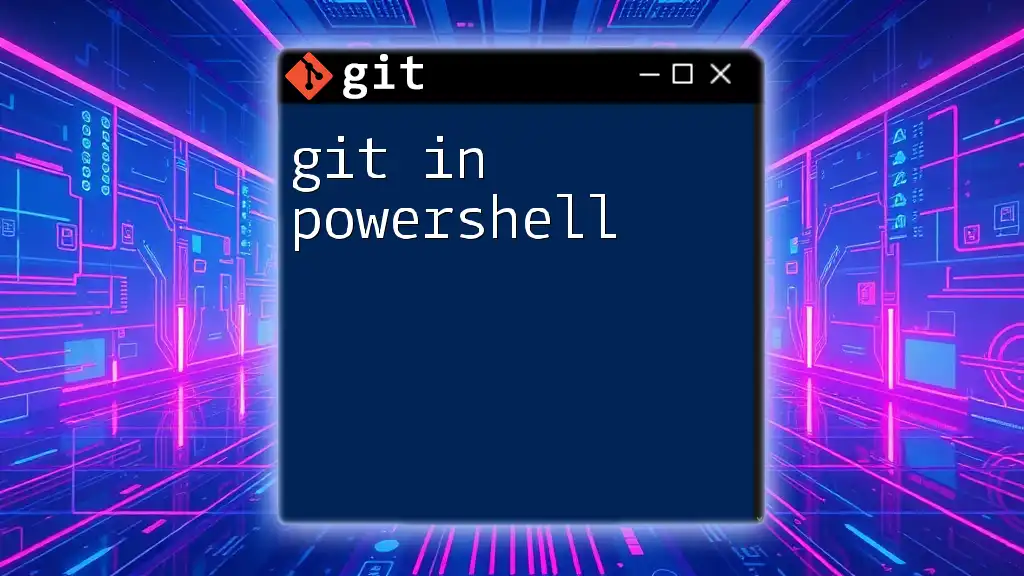
How Git Recognizes Ownership
Understanding User Configuration
Git identifies users through their configured settings, primarily `user.name` and `user.email`. These are essential for maintaining authorship clarity in commits.
Example Code Snippet
git config --global user.name "Your Name"
git config --global user.email "your.email@example.com"
It is crucial to ensure these settings are correctly configured on any system where you are working with Git to avoid disputes over who made a change.
Role of SSH and HTTPS in Ownership
The method used to connect to a Git repository can also impact ownership recognition. Using SSH keys often provides a more secure connection and can simplify the identification of user contributions.
Security Implications: SSH provides encrypted communication, reducing the risk of man-in-the-middle attacks, compared to less secure methods like basic HTTPS without credentials.
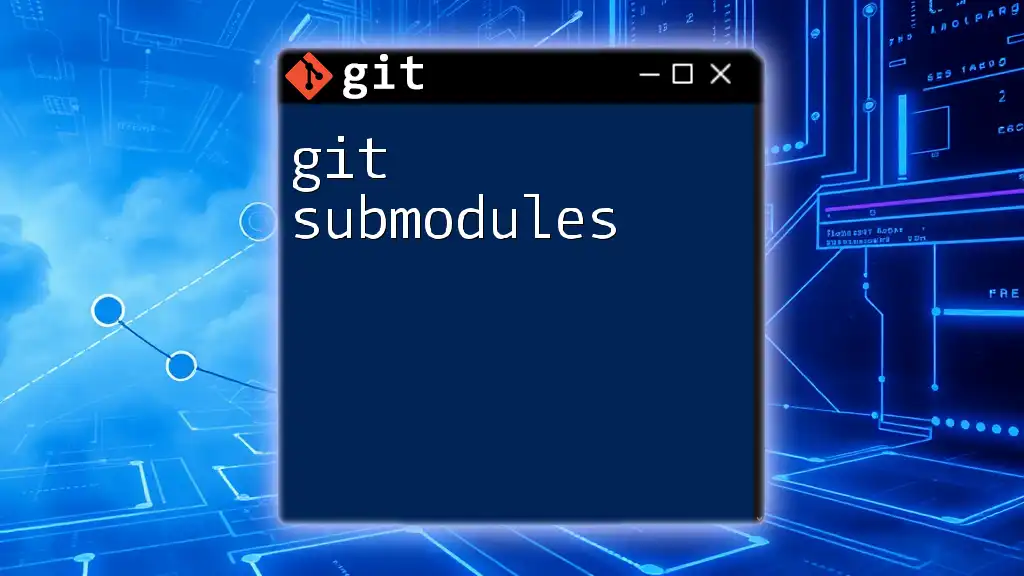
The Implications of Dubious Ownership
Impact on Repository Integrity
When dubious ownership exists within a Git repository, it can severely impact collaboration. Merge errors and conflicts often arise when the system cannot reliably identify file authors.
Inconsistent ownership can lead to confusion: if multiple contributors have made changes but lack identifiable ownership, it can create challenges in understanding the evolution of the project and its history.
Compliance and Security Risks
Dubious ownership can pose significant compliance issues. If an organization's policies require clear ownership of contributions, then unresolved ownership problems can put the project at risk for audits or regulatory scrutiny. Furthermore, this ambiguity may lead to security vulnerabilities, as it can be challenging to attribute contributions and changes to specific individuals.
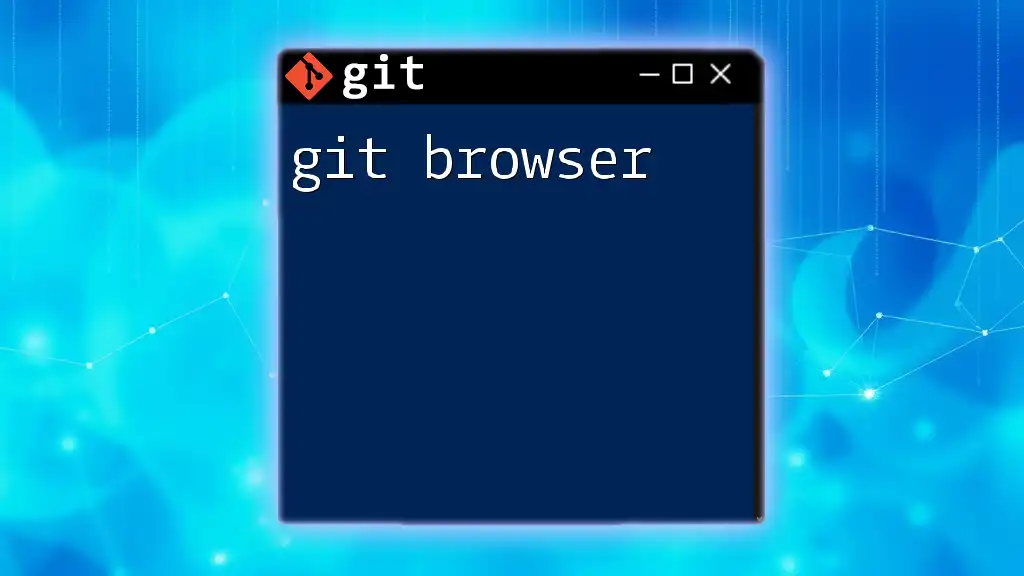
Handling Dubious Ownership in Git
Detecting Dubious Ownership
To recognize dubious ownership, you can utilize the following Git command, which lists all tracked files along with their staging information:
Example Code Snippet
git ls-files --stage
This command can help you ascertain which files may have ownership disputes or clear patterns that indicate conflicts.
Fixing Dubious Ownership Issues
Changing File Ownership
On a UNIX-based system, you can change file ownership using the `chown` command, which can help rectify dubious ownership issues at the file system level.
Example Code Snippet
sudo chown -R youruser:yourgroup path/to/repo
Best Practices for managing permissions are critical in ensuring that collaborators are aware of ownership expectations, especially in shared environments.
Configuring Git Properly
Ensuring that user configurations are established can prevent future issues with dubious ownership. For example, consistently setting up global user settings can simplify the process and enhance clarity within your projects. Using the `--local` option for repository-specific changes is also advisable when necessary.
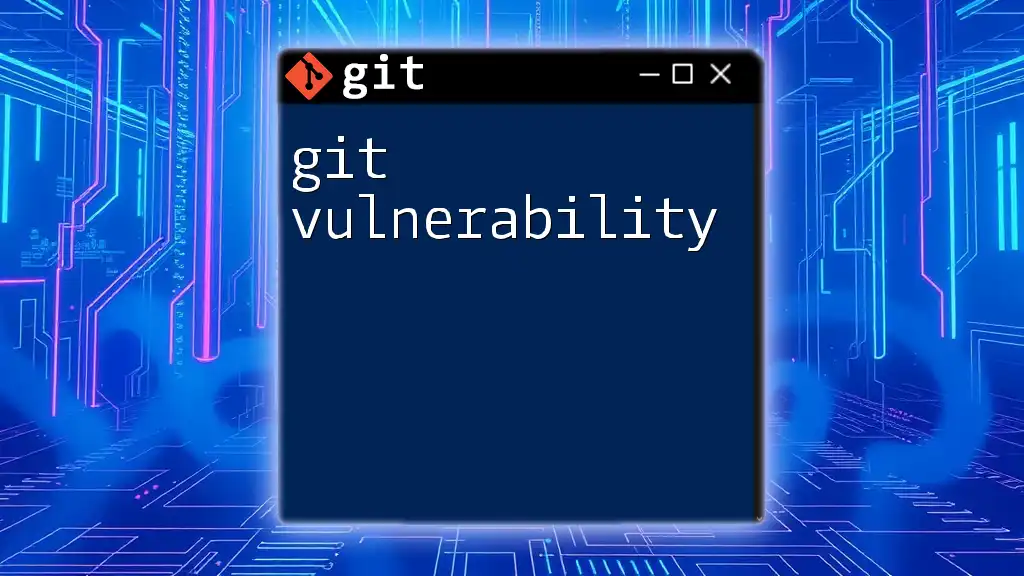
Preventing Dubious Ownership from Occurring
Best Practices for Repository Management
When setting up new repositories, it’s crucial to establish clear guidelines on file permissions and ownership. Ensuring that every team member understands their responsibilities in terms of ownership can lead to more straightforward collaboration.
Educating Team Members
Regular training sessions on Git commands, ownership implications, and best practices can empower team members. Building awareness about the importance of ownership in Git can foster a more responsible collaborative environment.
Tools and Resources
Utilizing available tools to monitor and manage repository ownership effectively can save time and prevent conflicts. Resources such as Git documentation and specific Git GUI applications can provide clearer insights into ownership tracking issues.
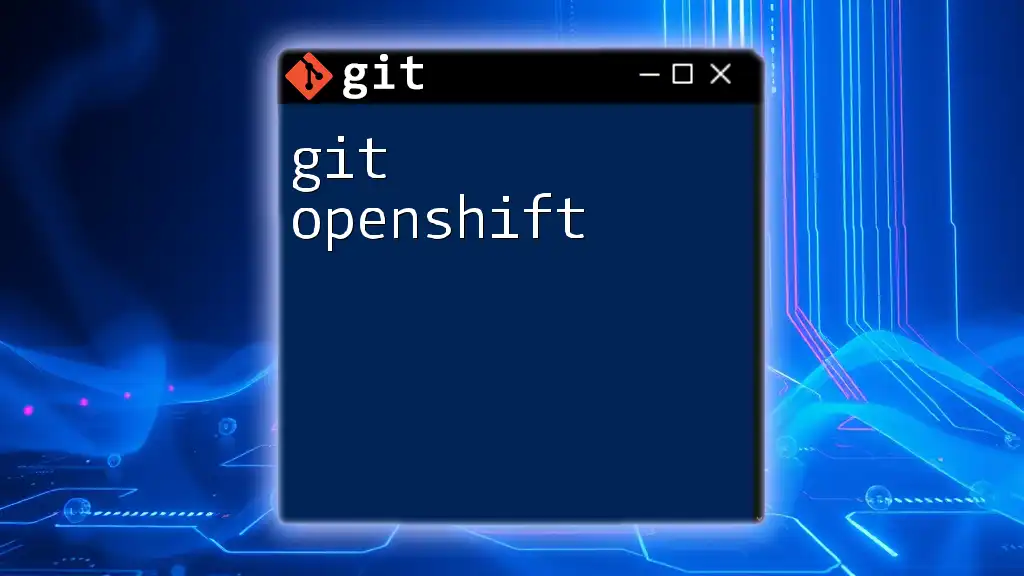
Conclusion
In conclusion, understanding git dubious ownership is crucial for maintaining integrity in collaborative environments. By adopting best practices, encouraging consistent team configurations, and educating team members, you can mitigate the risks associated with ambiguous ownership. Promoting clarity within Git repositories will ultimately lead to smoother workflows and more efficient collaboration.
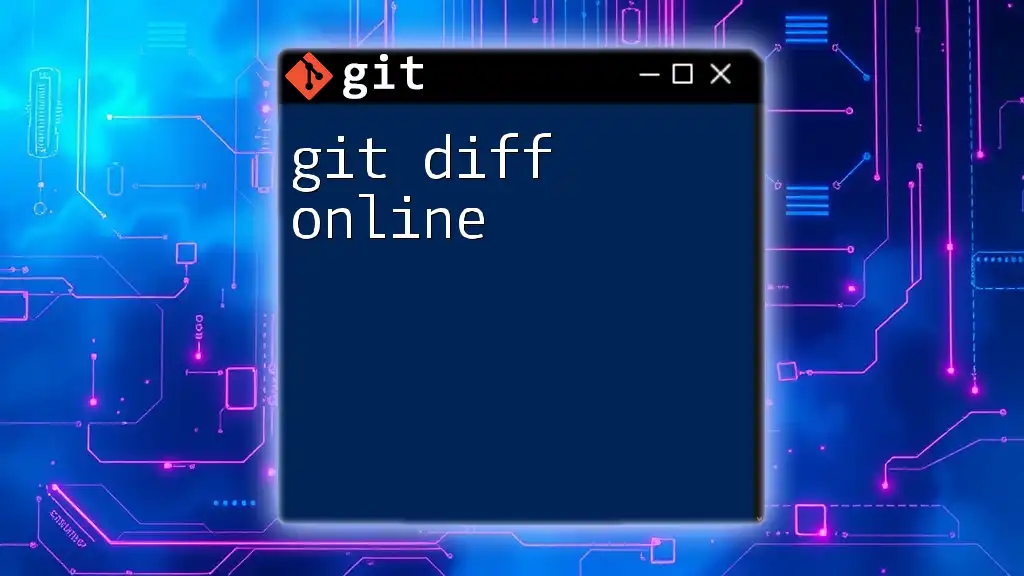
Frequently Asked Questions
What should I do if I encounter dubious ownership in a team project?
When working on team projects, it's essential to communicate any ownership discrepancies immediately. Regular checks on user configurations and the usage of tools to verify file ownership can help directly address these issues.
Is there a way to track down who owns a particular file in a Git repo?
Yes, you can use the `git log --follow` command, which allows you to track the history of a file and its commits, revealing the contributors who have made changes over time.
Can dubious ownership affect Git workflows other than just collaboration?
Absolutely! Dubious ownership can also impact automated deployment processes, CI/CD pipelines, and authorization workflows where clear authorship is necessary for auditing and compliance. Regularly assessing your repository for ownership clarity can help mitigate these potential operational challenges.

